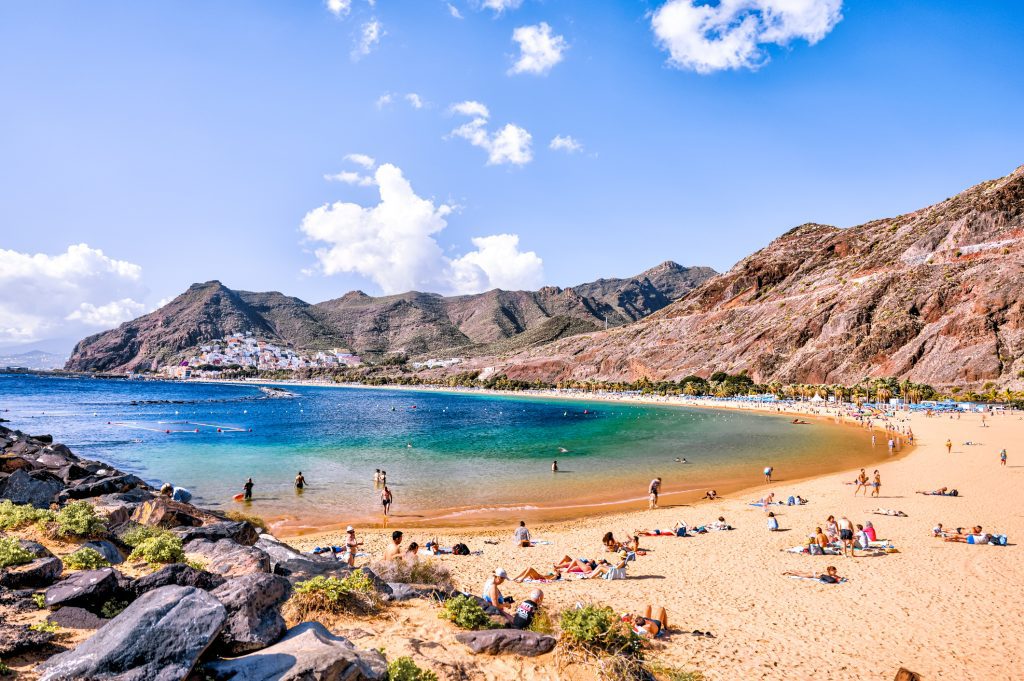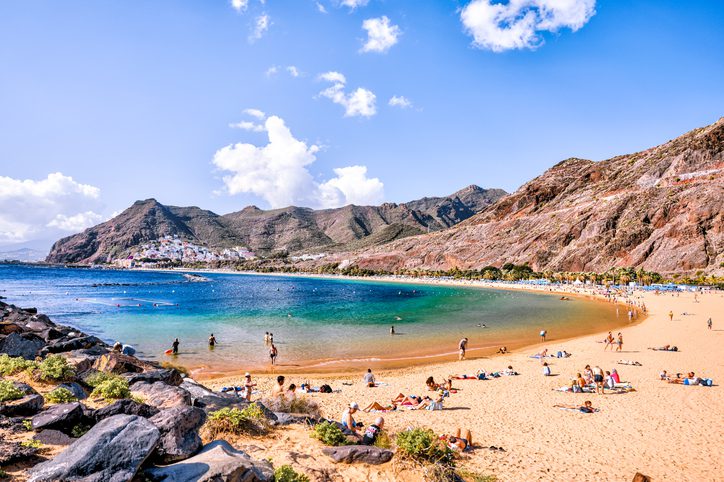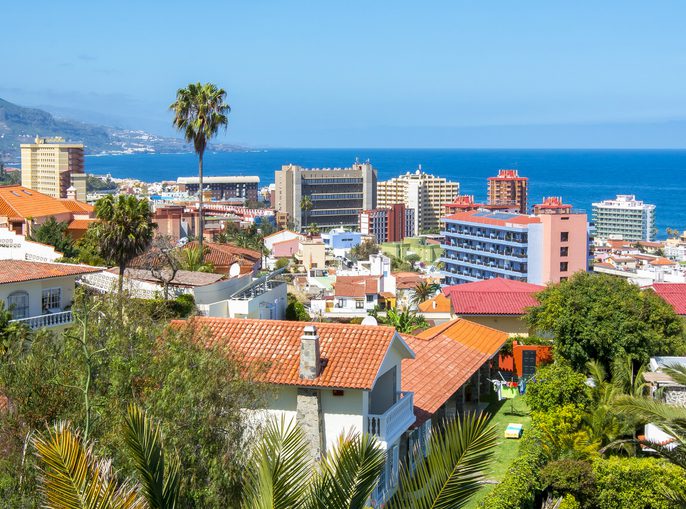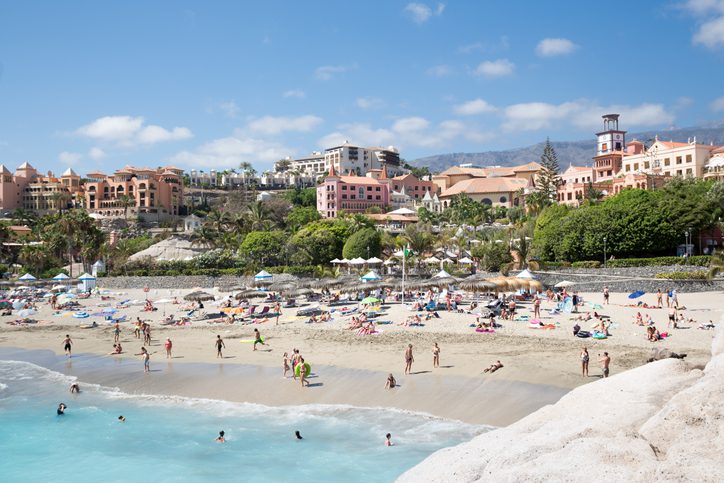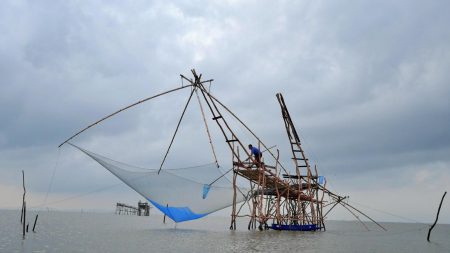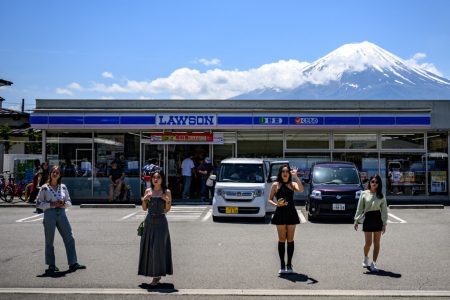A warning has been issued to tourists heading to Tenerife, as the Spanish destination – popular with UK travelers – is dealing with severe water shortages.
The Tenerife Island Water Council has declared an emergency due to a drought affecting the holiday hotspot, and government officials have now intervened to decrease unnecessary water usage.
After the Canary Island experienced its warmest February since 1961 following wildfires last year, visitor numbers continue to grow, with some officials attributing the 'complex' situation in Tenerife to tourists.
One hotel was discovered to be using up to 400 liters of water per guest each day – four times more than a local resident.
And considering there are fewer than a million residents here, compared to 5.6 million visitors just last year, experts suggest that ongoing strain on services could lead to a 'systemic collapse'.
Fasnia town council has implemented a series of restrictions to tackle the shortages, prohibiting the use of drinking water for activities such as watering farms and gardens, or filling swimming pools, tanks, ponds or reservoirs.
This means people are unable to wash cars and even take beach showers, as water is directed to the tourist-heavy south of the island.
Mayor Luis Javier Gonzalez stated: 'If we continue to promote the massive influx of tourism and the scarcity of water resources persists, the situation will become more complicated.'
Across the country, public awareness campaigns will also emphasize the significance of responsible water usage – for both travelers and residents.
Locals have been involved in a recent backlash against increasing levels of tourism in Tenerife, with graffiti appearing on Palm-Mar walls instructing holidaymakers to 'go home'.
Statements like 'my misery your paradise' and 'average salary in Canary Islands is 1,200' were also displayed, and protestors have recently called for an 'eco-tax' for tourists to be implemented.
Social and environmental groups took to the streets last month brandishing placards saying 'the Canaries are no longer a paradise' and 'the Canaries are not for sale'. One protester also stated that the island community was on the verge of 'completely collapsing'.
A recent report by Ben Magec-Ecologists in Action asserted: 'Uncontrolled, increase in the non-resident population of European origin, giving rise to completely overcrowded islands in which the generation of waste and the exploitation of resources cause an almost irreversible degradation of our natural ecosystems.'
So if you do have a break booked to Tenerife in the coming months, bear this in mind. We should all aim to be responsible travelers, but conserving water and showing respect for the local landscape is particularly crucial at present.
Do you have a story to share?





